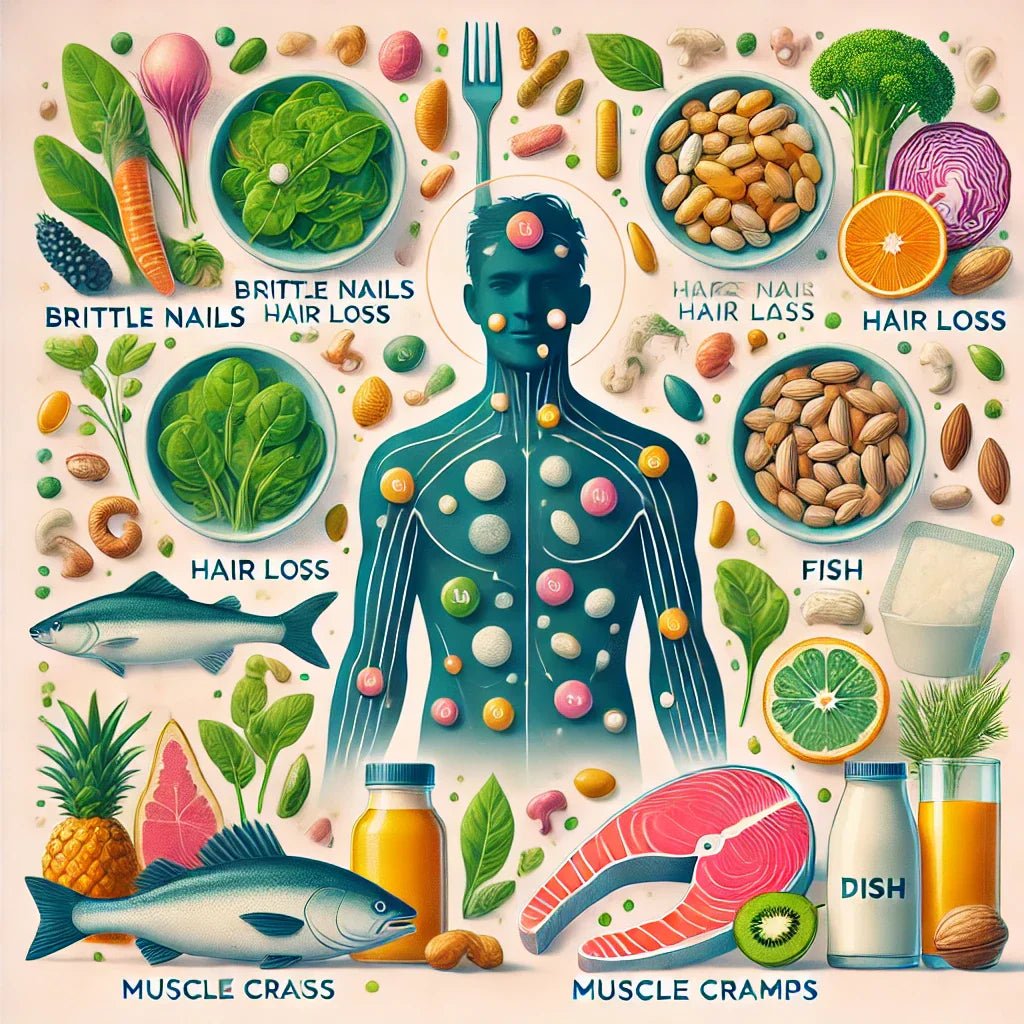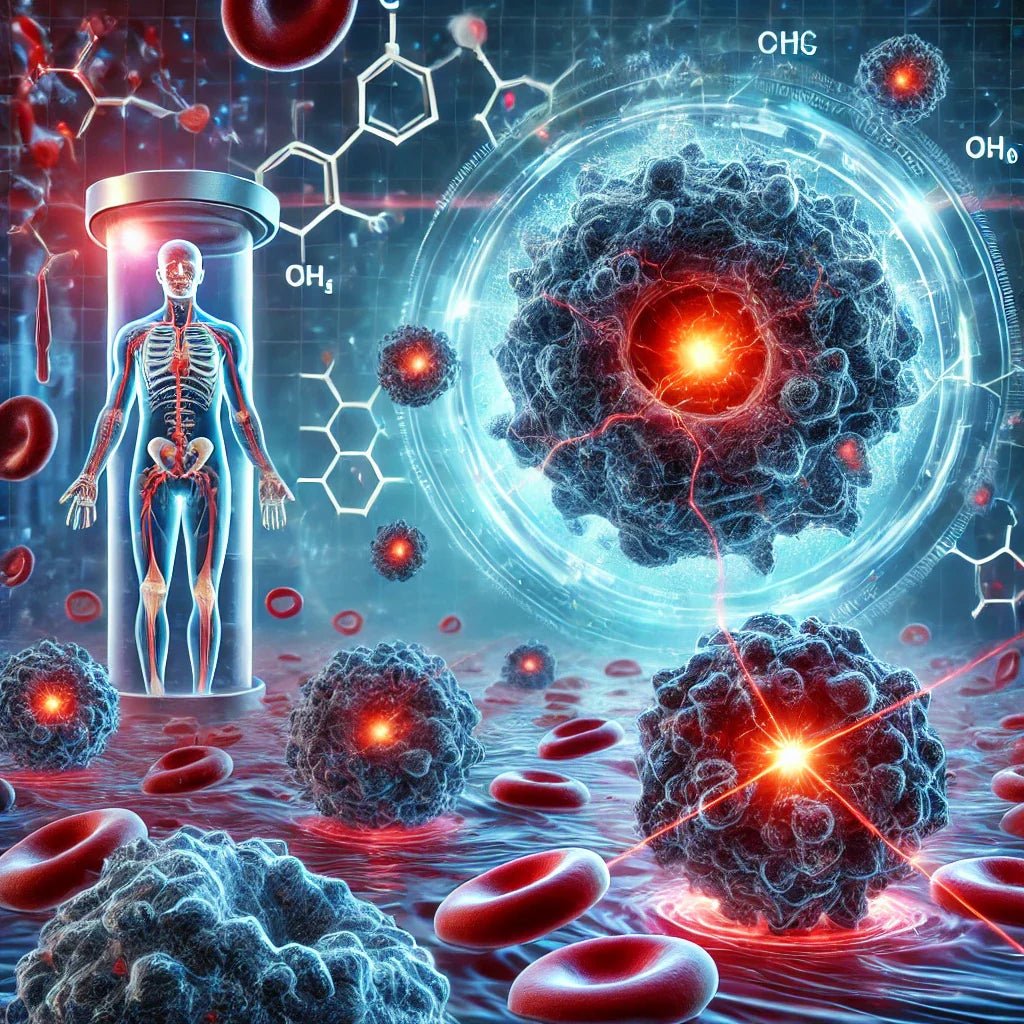Gastroesophageal reflux disease (GERD) is a common condition that occurs when stomach contents flow back into the esophagus, causing irritation to the lining. Although GERD is usually bothersome and causes unpleasant symptoms such as chest pain, it is worth noting that it may also be associated with a potential risk of developing esophageal cancer. In this article, we will discuss the importance of diagnosing and treating gastroesophageal reflux disease in the context of minimizing the risk of esophageal cancer.
The diagnosis of gastroesophageal reflux disease is based on the analysis of the patient's symptoms, such as a burning sensation in the esophagus, difficulty swallowing, as well as on a physical examination. However, in order to confirm the diagnosis and assess the degree of damage to the esophageal mucosa, it is worth considering additional diagnostic tests. The most commonly used tests are upper gastrointestinal endoscopy and 24-hour pH-metry. Endoscopy allows for direct visualization of the esophagus and possible detection of damage such as ulcers or strictures. pH-metry allows measuring the number of episodes and duration of gastroesophageal reflux.Treatment of GERD aims to alleviate symptoms, prevent complications, and reduce the risk of developing esophageal cancer. The main treatments include lifestyle modifications. Patients with GERD should:
- avoid eating large meals before bed,
- avoid foods and drinks that cause heartburn (e.g. spicy foods, caffeine, alcohol),
- maintain a healthy weight through regular physical activity.
If reflux disease occurs, drug therapy is also initiated. The mainstay of therapy are antacids, such as proton pump inhibitors (PPIs). Sometimes surgical procedures are also necessary. If there is no improvement with medical treatment, some patients must undergo surgery, such as fundoplication, to strengthen the lower esophageal sphincter and reduce gastroesophageal reflux.
Although most patients with GERD do not develop esophageal cancer, there is some increased risk of developing the disease with long-term untreated or poorly controlled acid reflux. Excessive and frequent irritation of the esophageal mucosa by gastric acid may lead to chronic esophagitis, metaplasia and dysplastic changes in the esophageal mucosa. In some cases, these changes may develop into esophageal cancer.
Therefore, it is clear that the diagnosis and treatment of gastroesophageal reflux disease are important not only to alleviate the patient's symptoms, but also to minimize the risk of developing esophageal cancer. Patients with GERD should consult a gastroenterologist regularly for appropriate treatment and monitoring of their health. Early detection and effective management of reflux disease can reduce the risk of complications, including the development of esophageal cancer.
Adam Trzciński






